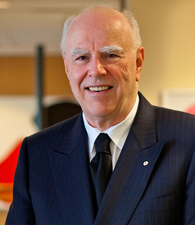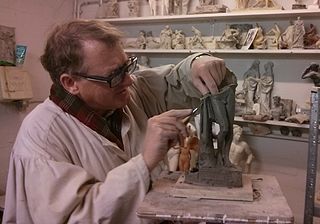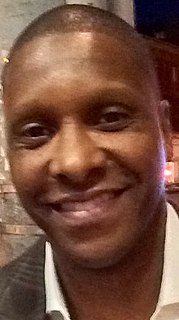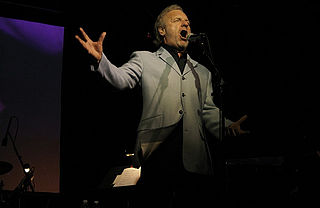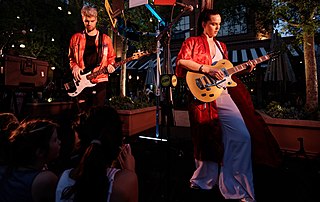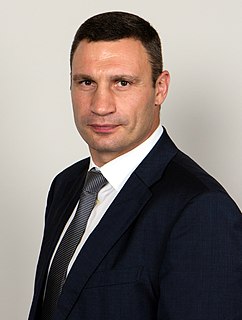A Quote by Michael Audain
The Arts Council of England, in a 1998 report on 11 countries, found that Germany spent $85 per capita on the arts. The United States spent a shocking $6. And Canada, in its stubborn balance, spent $46... It's the Canadian way to be halfway between the Old and New worlds.
Related Quotes
Elementary and high school students will still be tested under the new law. There just won't be so much riding on the scores. Also the arts didn't disappear under the old law, No Child Left Behind. But, Christopher Woodside of the National Association for Music Education says with so much time spent testing math and reading, the arts suffered.
I think that Canada is one of the most impressive countries in the world, the way it has managed a diverse population, a migrant economy. The natural beauty of Canada is extraordinary. Obviously there is enormous kinship between the United States and Canada, and the ties that bind our two countries together are things that are very important to us.
The arts are not a frill. The arts are a response to our individuality and our nature, and help to shape our identity. What is there that can transcend deep difference and stubborn divisions? The arts. They have a wonderful universality. Art has the potential to unify. It can speak in many languages without a translator. The arts do not discriminate. The arts lift us up.
I was born in Evanston, Illinois. I spent my elementary and part of my junior high school years in a D.C. suburb. And then I spent my high school years in Minnesota. And then I spent my college years in Colorado. And then I spent some time living in China. And then I spent three years in Vermont before moving down to Nashville.
Computer literacy is a contact with the activity of computing deep enough to
make the computational equivalent of reading and writing fluent and enjoyable.
As in all the arts, a romance with the material must be well under way. If
we value the lifelong learning of arts and letters as a springboard for
personal and societal growth, should any less effort be spent to make computing
a part of our lives?
